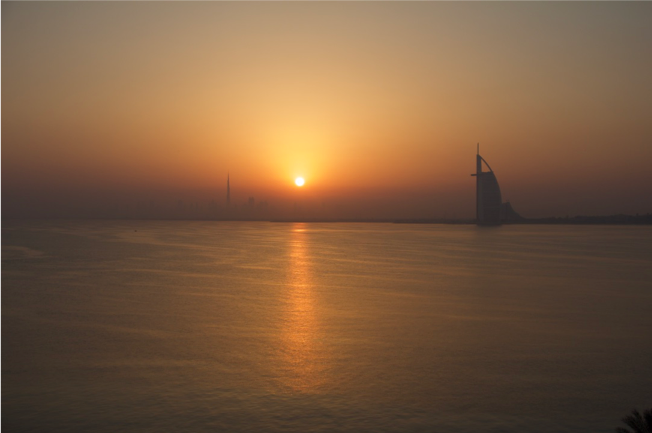Big Is Beautiful: The Unstoppable Rise of the Index Tracker
25 February 2019 | Admin

Two research reports caught our eye this week, which, when viewed together, hold some interesting insight for GCC stocks, markets, and investors.
New data released by Morningstar shows the rise of Index funds is accelerating, and within the sector, the biggest providers seem to be winning the battle for investors’ funds. Globally, actively-managed funds saw a net outflow of $87 billion in 2018, the first time this had happened since the depths of the financial crisis in 2008. In the same period, some $695 billion was gathered by index-tracking funds globally.
The biggest beneficiaries of this rush to trackers were the biggest players: Blackrock and Vanguard between them swept up more than half (57%) of all net new inflows, according to Morningstar. The fund management market is beginning to resemble the global custody market, where a handful of gigantic players (BNY Mellon, State Street, JP Morgan) count their assets under custody in the trillions, and dominate a scale business, with the rest competing for boutique mandates in far-flung geographies.
Another piece of research this week contained a few more signposts for our markets: Bank of America Merrill Lynch produced its annual “EEMEA (Eastern Europe, Middle East, Africa) Equities Primer”, a thorough analysis of 11 markets running to 90 pages of data. The countries covered are: Poland, Russia, Turkey, UAE, Qatar, Egypt, Saudi Arabia, South Africa, Hungary, Greece and the Czech Republic, which together form the MSCI EEMEA index.
Some of its findings were surprising: Russian companies account for more than half of the profits generated from this group, but only 26% of the market capitalisation. EEMEA underperformed Global Emerging Markets in 2017 and 2018; and equities overtook fixed income as a destination for investor dollars in these markets for the first time since 2011.
But the really interesting story contained in this ocean of data is the outflow of active funds from EEMEA (and indeed from Global Emerging Markets), to be replaced by passive tracker funds. A net withdrawal of $3.65 billion of active funds from EEMEA was more than countered by an inflow of $4.48 billion of passive funds. (For global emerging markets as a whole, the picture was the same: an inflow of $80.8 billion in passive funds was matched by a net outflow of $5.8 billion in active money).
These two separate reports reveal several things of interest to GCC markets:
- First, active stock pickers are being outmuscled by ever-larger passive trackers, and if the global experience is a guide, this trend will continue.
- Second, passive funds are controlled by fewer and fewer managers. Passive investing is a scale business, and those with scale can out-price and out-fight the active competition.
- Third, the universe in which GCC markets are playing is large, liquid and diverse. Russia, South Africa, and Turkey are the big markets in EEMEA, while UAE, Saudi, Qatar and Egypt combined are relatively tiny. This means that investor attention may bypass our markets in favour of the bigger pools.
- Fourth, one of the reasons for this is the very low liquidity in the GCC: Qatar has 1% of average traded volume in the EEMEA universe, but 8% of the free float market cap. UAE has just 2% of volume, but 5% of market cap.
We have covered passive managers and how IR teams should build relations with them before in IR Brief. What these two reports seem to show is that the future is passive, that passive is all about scale, and we might conclude, therefore, that excellent IR is more important than ever in the smaller markets in these indices. Indeed, good IR should be viewed as a hygiene factor, not a differentiator.
Much was made in the local media of the inclusion GCC companies in Emerging Market indices. Plenty of commentators seem to have treated inclusion as a guarantee of inflows and investor interest.
In truth, the opposite may be true. To keep their costs to a minimum, trackers have become larger and larger, and therefore more and more vanilla, drawn to the deepest liquidity pools and the biggest names. GCC markets should take heed: if the biggest passive funds lose interest, it will be hard to win back.